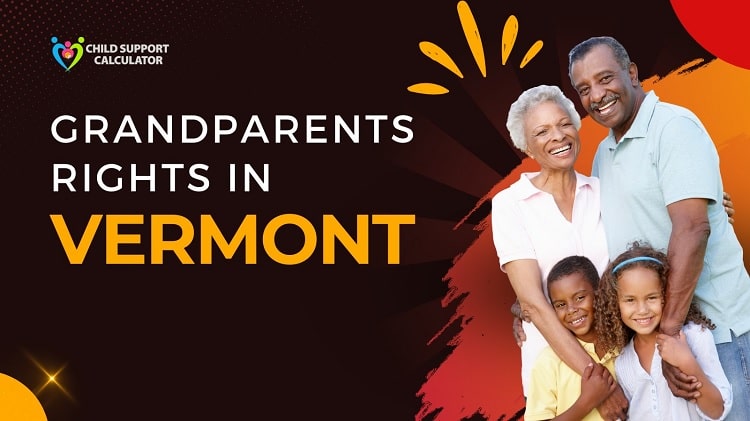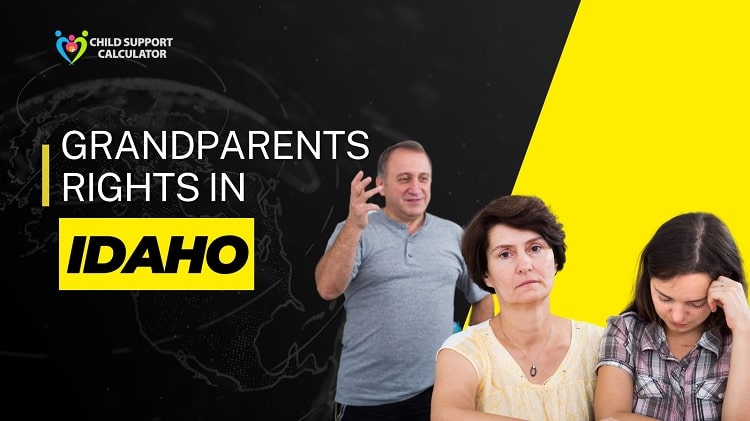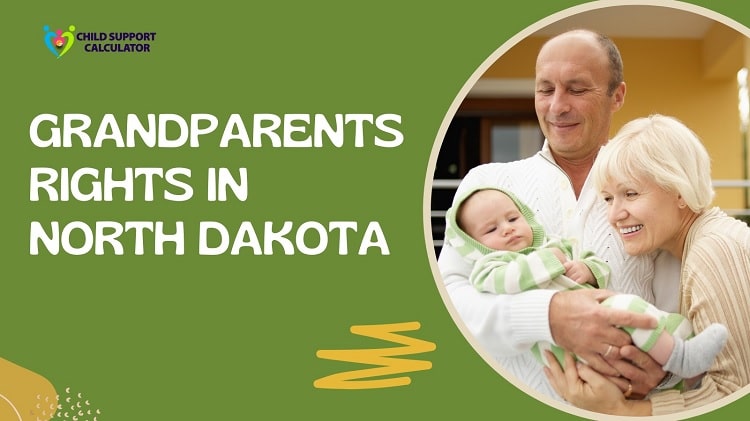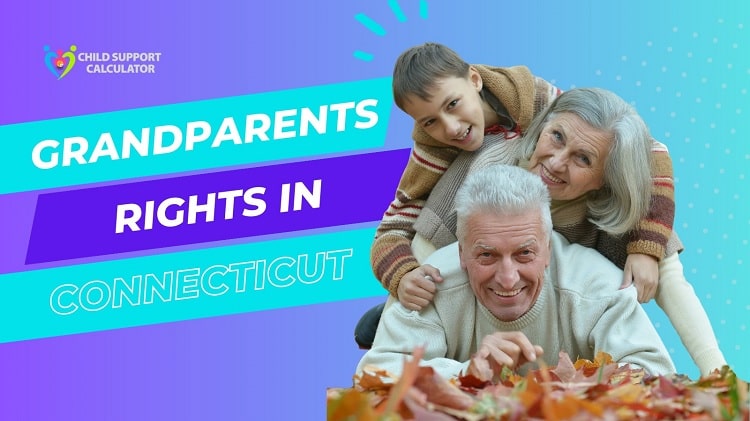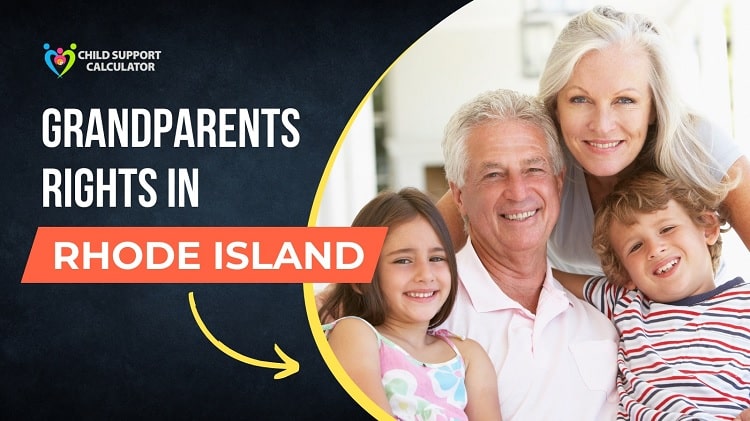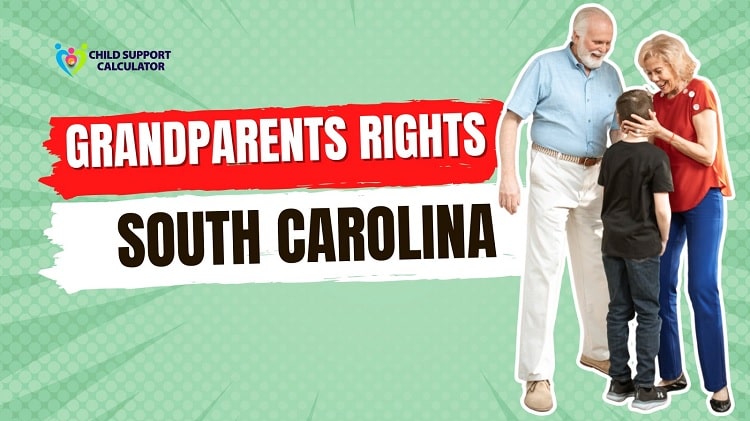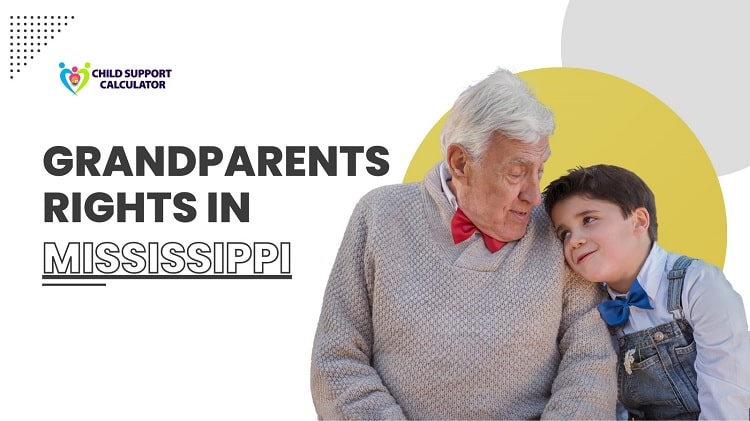Grandparents Rights In Vermont
A grandparent’s role is separate from that of a parent. Grandparents, understandably, do not have the same constitutional rights and privileges as parents. Nonetheless, for some children, a grandparent is their only parental figure.

Almost every state recognizes grandparents visiting in some way. Your case’s specific circumstances will determine whether or not court-ordered visitation is appropriate, and if so, how much. Grandparents rights in Vermont are discussed in this article.
Overview of Grandparent Visitation Laws
The United States Constitution protects parents’ rights to raise and make decisions for their children. The grandparents’ rights in Vermont to care for or visit with a grandchild are always secondary to the rights of a parent.
There is no federal grandparent visitation statute in the United States. Instead, each state has established its own set of laws for grandparent privileges. Although certain states’ grandparent visitation regulations have been challenged in court, the majority of state grandparent visitation laws have been sustained.
The Troxel v. Granville case is the closest thing we have to a federal statute on the subject in the United States. The Supreme Court of the United States heard a challenge to Washington’s grandparent visitation statute in Troxel. The Washington statute was ultimately maintained, although Troxel imposed some key conditions.
The Supreme Court specifically stated that a parent’s rights come first, and that grandmother visitation cannot obstruct a parent’s time. In addition, courts must take a parent’s objections to grandparent visitation into account.
Although grandparent visitation may be granted despite a parent’s concerns, the reasons for the parent’s objections should be considered. wishes, the reasons for a parent’s objections deserve consideration.
Grandparent Visitation Rights in Vermont
A grandparent cannot petition for grandparent visitation unless the child’s nuclear family unit has broken down. In particular, a court will not order grandparent visitation unless one of the following conditions exists:
- The child’s parent has passed away.
- The parent of the child is either mentally or physically incapable of making decisions or unfit.
- The parent has abandoned their child.
Even if one or more of the following conditions exist, a court will only grant grandparent visitation if it is also in the best interests of the kid. A court, for example, dismissed a grandmother’s visiting request because the child’s parents were not unfit.
The youngster was bored and unhappy in her parents’ care, according to the grandmother, and the house was occasionally untidy. The court decided that proof of “poor” parenting was insufficient to grant grandmother visitation. If grandparent visitation is not granted, a grandparent must establish that the child’s health, safety, or well being would be jeopardized.
In a separate VT case, the court upheld a parent’s ability to decide how much, if any, grandparent visitation is appropriate. The father attempted to cut off the grandparent’s contact with his child in this case. The court deferred to the father because he was a suitable and stable parent, notwithstanding the child’s attachment with the grandfather. There was also no proof that the youngster would be damaged if the grandparents did not visit.
Grandparent Custody Rights in Vermont
Only if a parent is unsuitable or the parents’ rights have been terminated can a court award a grandmother custody of a grandchild. Grandparents may be given special attention in cases when the child has been removed from the parent’s home by the state.
In one VT case, however, a foster pair with no biological ties to the child was given custody of the biological grandmother. The foster parents were found to be better suited than the grandmother to provide for and meet the child’s requirements by the court.
The grandmother’s history of ignoring court orders and enabling her son to keep the child in his house during his time out of jail was a major factor in the court’s decision. A judge will consider a child’s best interests in every case and assess which of the contesting parties is most able to meet the child’s requirements.
Grandparent Visitation Rights After Adoption
Any legal ties between biological grandparents and their grandchildren are usually severed when a child is placed for adoption. When a parent’s rights expire, the grandparents rights in Vermont expire as well.
In the instance of a stepparent or close relative adopting a child, grandparents and adoptive parents can agree to allow visitation even after the adoption is final. The agreement will be reviewed by a judge to ensure that it is in the best interests of the child. The following elements will be considered by the court:
- A child’s preference, if he or she is old enough to voice one.
- If your child has any specific needs, tell us about them.
- The child’s relationship with the grandparent and the consequences of maintaining it
- The ability of the parents and grandparents to comply with the conditions of the agreement.
- A referral from a guardian ad litem or a psychotherapist regarding grandparent visitation.
- Any other reason deemed relevant by the court.
Additionally, following a grandchild’s adoption by a stepparent, grandparents can obtain a court order to visit or speak with the child if:
- The grandparent is either the deceased parent of the child or the parent of the grandchild’s parents whose rights have been terminated.
- A visitation order has been requested by the grandparent.
- Grandparent visitation is determined to be in the best interests of the child by the court.
Following her granddaughter’s adoption, a court in VTt denied a biological grandmother’s plea for visitation. After the child’s parents willingly renounced their rights, the grandmother was given custody of her grandson.
She formed a deep bond with her granddaughter, although she often enabled the child’s father (whose parental rights had been revoked) to care for her during his time out of jail. As a result of the grandmother’s failure to look out for the child’s best interests, the court refused visitation.
Grandparents hold a particular place in the hearts of many youngsters. Their role is separate from that of a parent. Grandparents provide support and stability to both parents and grandkids in many families. When grandparents and parents are unable to communicate, a grandparent may seek court-ordered visitation. Before establishing regular grandparent visits, a court will consider a number of circumstances.
FAQs
A grandparent cannot petition for grandparent visitation unless the child’s nuclear family unit has broken down. A court will not authorize grandparent visitation unless one of the following conditions exists: the child’s parent has died.
In summary, grandparents in any of the 50 states do not have a legal right to see their grandchildren. The law is designed to safeguard parental rights above all else, and granting grandparents visitation privileges automatically is considered as a breach of a parent’s ability to choose what is best for their child.
During child custody proceedings, grandparents have the legal right to apply for visitation privileges. Although aunts and uncles do not have legal visiting rights, they do have priority as kinship caregivers, foster parents, legal guardians, and adoptive parents throughout DCF and associated proceedings.
During child custody proceedings, grandparents have the legal right to apply for visitation privileges. Although aunts and uncles do not have legal visiting rights, they do have priority as kinship caregivers, foster parents, legal guardians, and adoptive parents throughout DCF and associated proceedings.
When a kid reaches the age of 14, he or she can pick his or her guardian, subject to the consent of the court. Children under the age of 14 do not have the opportunity to choose which parent they want to have custody of them.

